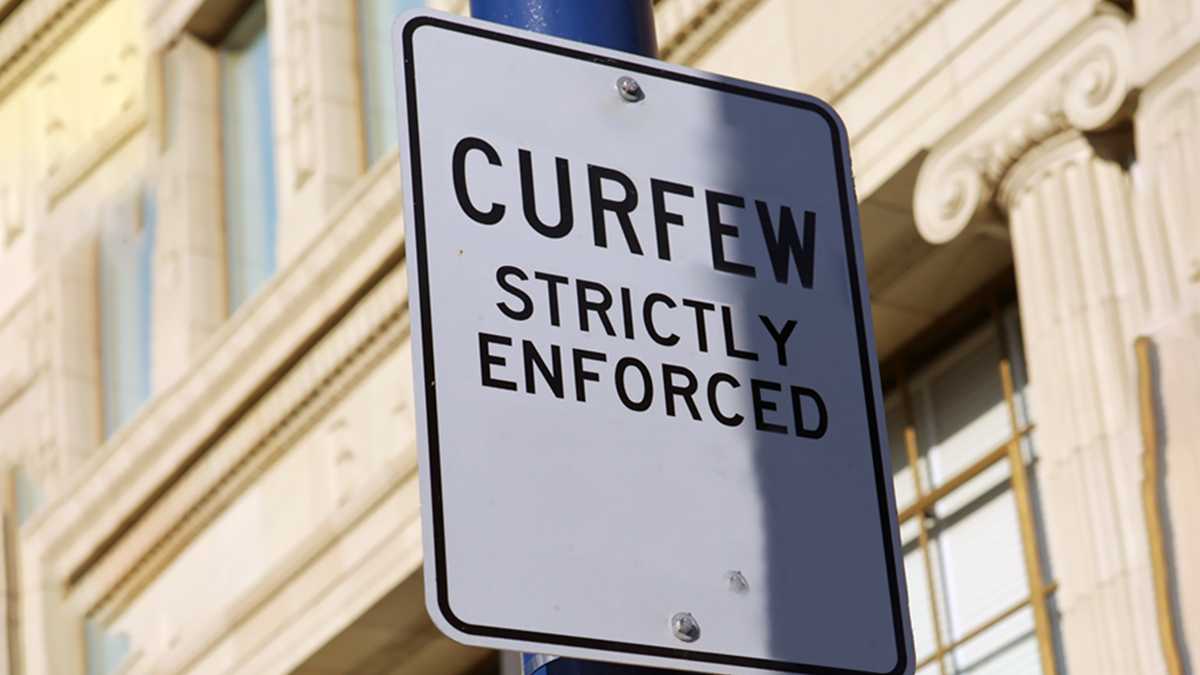Curfew imposed in Nakuru’s Mau Narok after deadly clashes

Narok County Commissioner Kipketch Lotiatia said the conflict started as a row over electricity connections before escalating into blockades and full-scale fighting.
Authorities have imposed a week-long dusk-to-dawn curfew in Tipis and Mwisho wa Lami areas of Nakuru County after fresh ethnic clashes left one person dead, eight others injured, and more than a dozen houses burnt.
The violence erupted on Saturday night along the Nakuru–Narok border, forcing families to flee as armed groups set homes and property ablaze. Survivors recalled the attacks as sudden and chaotic, saying they were overpowered by large groups of raiders who struck in the night.
“We have lost our peace. Some of us are now homeless after our houses were burnt down. They just stormed in and started fighting,” said Martha Wanjiru, a resident of Tipis. Another villager, Simon Mwangi, said more than 200 attackers descended on the settlement, sending families scattering in fear.
By Sunday morning, tension remained high, with residents barricading parts of the Nakuru–Narok road at Mwisho wa Lami to protest the killing and demand government intervention.
Among the injured was Moses Masai, who recounted fleeing his home with his family after being attacked.
The government responded by deploying additional security officers to the area and convening a crisis meeting at Tipis Centre attended by senior administrators and police commanders from both Nakuru and Narok.
Narok County Commissioner Kipketch Lotiatia said the conflict started as a row over electricity connections before escalating into blockades and full-scale fighting.
Nakuru County Commissioner Loyford Kibaara confirmed that new police posts will be set up to reinforce order during the curfew.
“We are establishing a police post and leaving officers on the ground for one week. During curfew hours, no movement will be allowed between Nakuru and Narok,” Commissioner Kibaara said.
The curfew, running from 6 p.m. to 6 a.m., is meant to prevent further violence and give security agencies time to stabilize the volatile region. Officials said investigations into those behind the clashes are ongoing, with security agencies vowing to restore calm.
Periodic clashes have long troubled the Mau Narok border areas, often tied to land disputes, competition for resources, and political rivalries. The latest violence has once again displaced families, destroyed livelihoods, and stoked fears of renewed cycles of ethnic conflict.
Local leaders have appealed to residents to embrace dialogue and resist retaliatory attacks as operations to secure the region continue.
